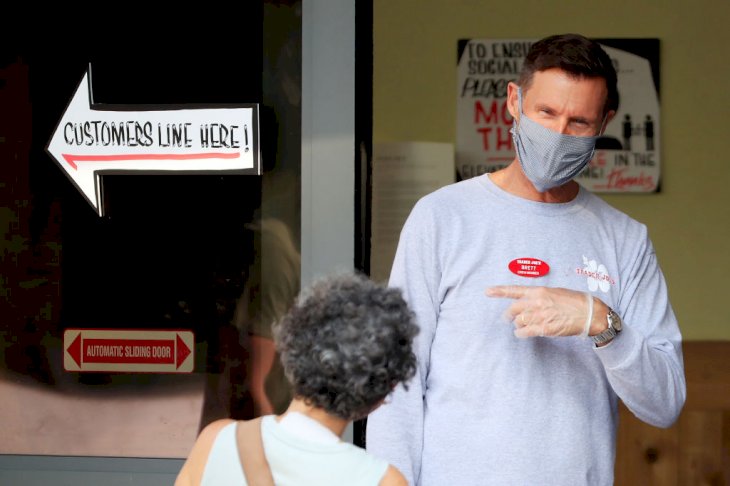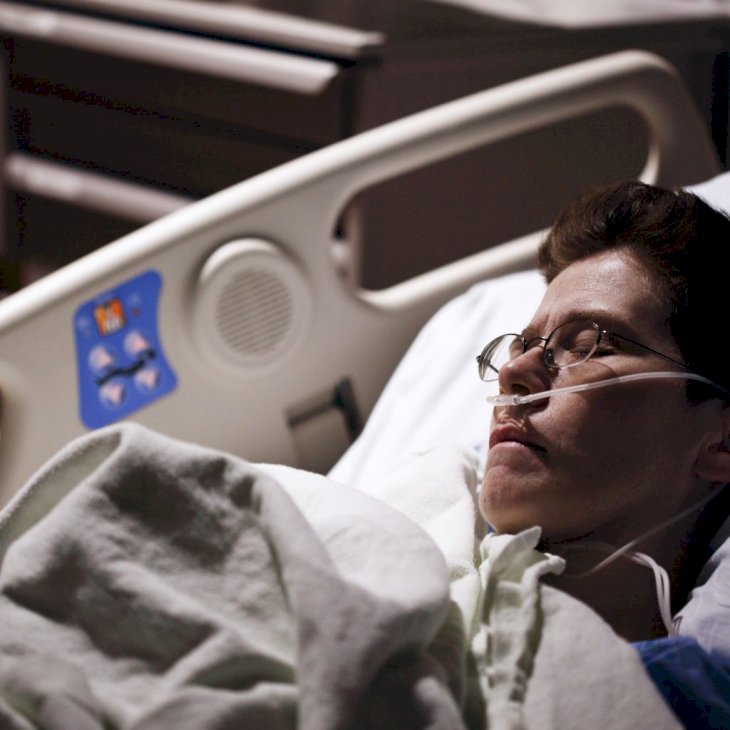
Exploring The Effects Of Health Care Discrimination
When you’re going through a health crisis, the last thing you want to worry about is if the color of your skin is affecting your quality of healthcare. Yet, the hospital and healthcare industry has high rates of discrimination!
When you’re going through a health emergency, you should be able to turn to and rely on your local health care system to provide you with the best possible care without worrying about the racism you experience in every other aspect of life.
Having a healthcare professional severely undermine your condition because the color of your skin is a norm for people of color in America. If you’re not being treated sufficiently, what are the consequences?
Forced To Deal With Pain

There’s a racial bias against black people where healthcare professionals undermine their black patient’s pain level. Research shows that black people are less likely to receive pain medication than their white counterparts when being treated with an illness like appendicitis.
Your ability to withstand pain is not tied to the color of your skin; black people do not have less sensitive nerve endings, thicker skin, and stronger immune systems. People of color are treated with less invasive pain management, even when it’s evident that they’re experiencing little to no pain relief.
Racism Affects Your Body

Photo by Chris Sabor on Unsplash
A study shows that racism encounters negatively affect your body. Experiencing racial discrimination in healthcare environments has an impact on your body and mind. It can even affect your attitude.
After a racist encounter, your body’s cardiovascular system is affected, and there is a plethora of evidence that shows how it negatively impacts your mental health. You may even lose faith and neglect health issues in the future if you can’t trust the healthcare system!
COVID-19

Getty Images
Research by Dr. Amani M. Allen indicates that black people are more severely affected by covid and are dying at higher rates! Going back to how people of color are treated like their symptoms are exaggerated, it’s evident why these rates are so high!
But it doesn’t just start at COVID; people of color are discriminated against during birth and with health conditions like diabetes. Researchers and students have been working to shed light on how inequality influences those who receive healthcare and how healthcare is provided.
Bad Outcomes

Photo by Sharon McCutcheon on Unsplash
You would expect to feel somewhat relieved and better after your hospital visit. But ethnic groups have had negative health effects when preclinical markers of illness and health risk for their race group have been ignored.
Healthcare professionals may be ill-equipped to deal with diseases that may present with atypical symptoms. Not a lot of research has been provided for ethnic groups in medical textbooks, which results in doctors and nurses misdiagnosing diseases or catching them too late!
Mental Health

Photo by Leohoho on Unsplash
The lasting effects of racism are overlooked, especially when it comes to mental health. For year’s people of color have been subjected to torture and discrimination and were made to believe it’s normal.
Any experience or encounter with racism can negatively impact your mental health, resulting in behavioral issues. There is a stigma against seeking help, but there is plenty of resources to access for professional help.